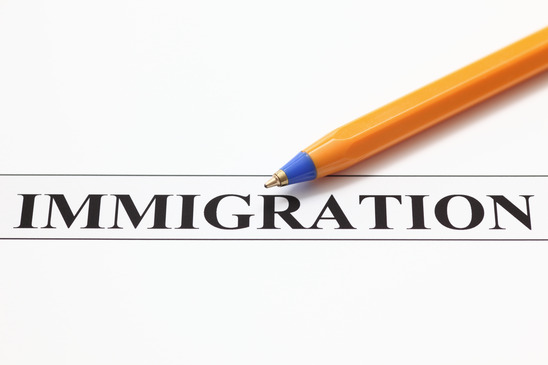In June, the U.S. Supreme Court allowed certain parts of President Trump’s travel ban to proceed. The ban affects six Muslim-majority countries: Sudan, Somalia, Libya, Yemen, Syria, and Iran.
The executive order originally banned all nationals from those countries for 90 days; however, the Supreme Court ruled that the ban could only be enforced against people who do not have a “bona fide” connection with a person or entity in the United States.
The Trump administration then issued guidelines that allowed the ban to be enforced against grandparents, aunts, uncles, and others; however, Federal District Judge Derrick Watson ruled that the administration’s interpretation of the court’s ruling was too narrow. Watson ruled that the ban did not apply to grandparents and other close relatives. According to CNN, the Trump administration subsequently asked the Supreme Court to put that decision on hold.
The Supreme Court left the decision intact, meaning that the travel ban can no longer be enforced against grandparents and other close relatives.
If you or a loved one is worried that the travel ban could prevent you from entering the United States, contact Kuck Immigration Partners. Charles Kuck stays up to date on all recent changes to U.S. immigration laws, and he will help you avoid complications that would delay your entry or prevent you from immigrating entirely.
If you are arriving from one of the six countries affected by the travel ban, it is crucial that you have evidence to prove that you have a bona fide connection with a U.S. relative or entity. Charles Kuck can help you understand what will meet these new requirements.. Call 404-816-8611 today to schedule an initial consultation with a green card attorney in Atlanta.
Who Does the Travel Ban Affect?
There is still a lot of ambiguity regarding who the travel ban does and does not affect, though the recent Supreme Court ruling has added a bit of clarity. According to Immigration Impact, the ban applies to anyone from the six affected countries who does not have a “bona fide connection” with a U.S.-based person or entity. You may run into trouble if you formed a qualifying connection after June 26, 2017.
You should not have difficulty entering the country if you were issued an immigrant or non-immigrant visa before June 26, or if you are entering to attend a university. You should also be allowed to enter if you were invited to work a job at a U.S. company or to give a speech.
If you think the travel ban will affect your chances of immigrating to the United States, turn to Kuck Immigration Partners.
Charles Kuck is the past National President of the American Immigration Lawyers Association (AILA). He will answer your questions and help you navigate the immensely complicated U.S. immigration system.
Call 404-816-8611 today to schedule an initial consultation with a green card attorney in Atlanta. If you would like to learn more about immigration procedures, visit our website at www.immigration.net.






